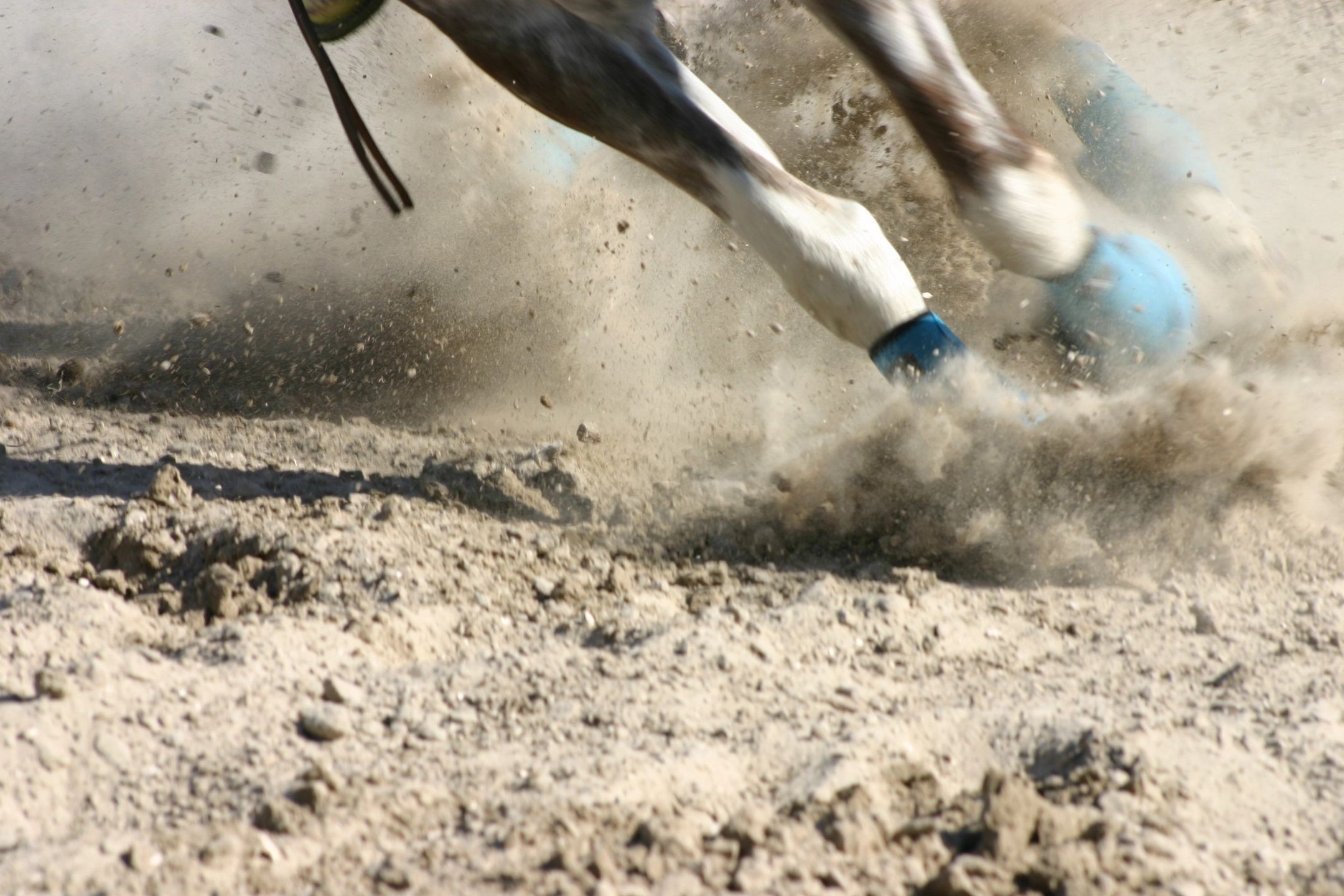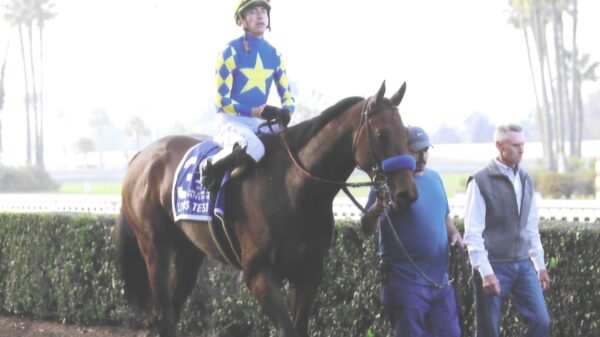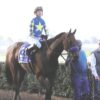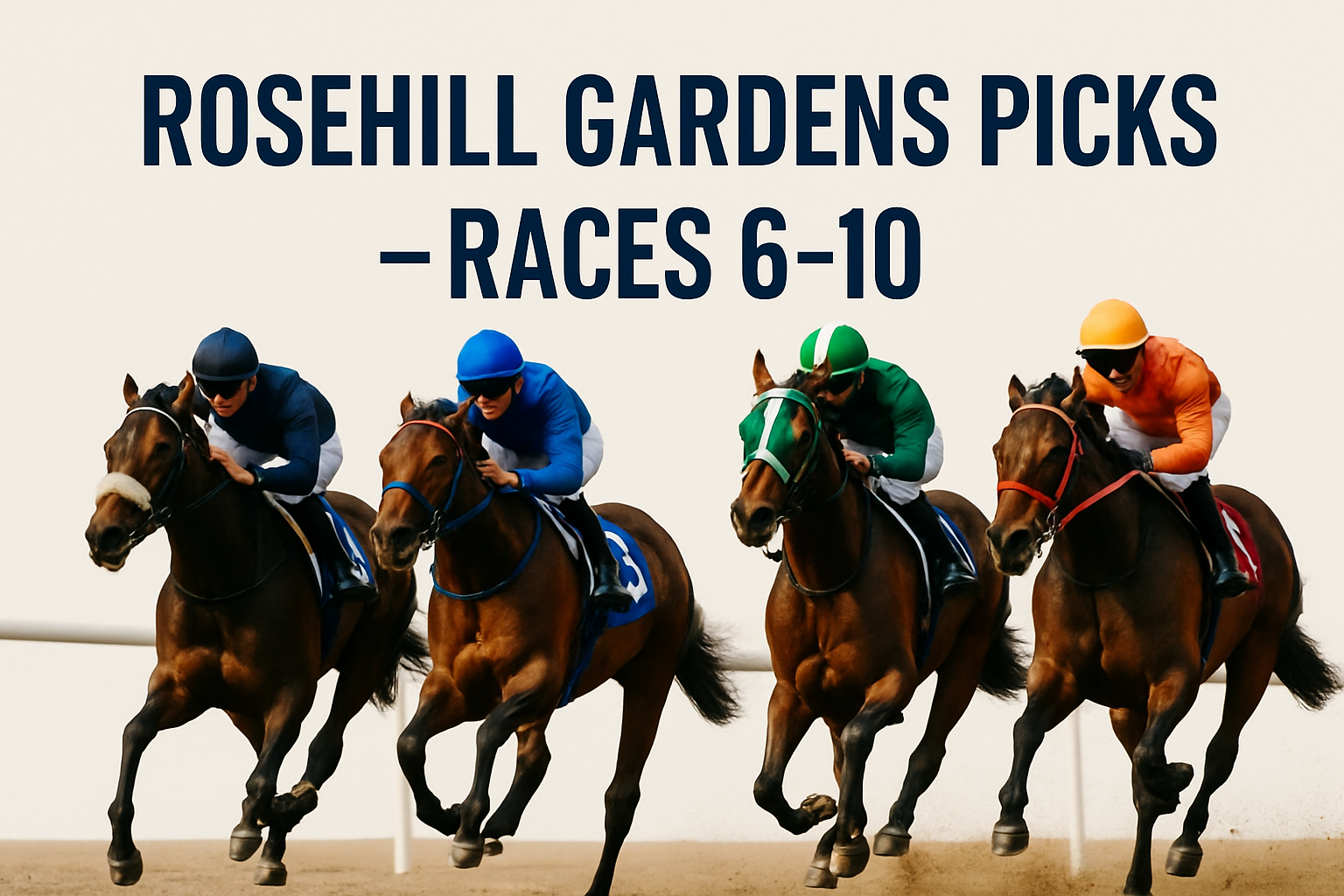
Rinaldo Del Gallo, III
Some random thoughts on horse racing by Rinaldo Del Gallo:
1. A DUMB “GRADE 3”: A $2 million dollar purse for three-year-olds (with a purse of $3 million for Kentucky breds) is an amazing amount of money for a purse. The idea of the Nashville Derby, formerly the Dueling Grounds Derby as a “Grade 3” race is facially absurd. Yes, I know—you have to “step up” in ranks to make it to Grade 1 unless your race is a “convert” from a previous year such as the Donn Handicap turning into the Pegasus Invitational. It’s a bad rule that needs to be ditched. We have had great races in the past with big purses that ran only a few times—specifically the International Special Races at Pimlico in 1924, 100 years ago. Epinard came in 2nd in all 3 big races (a 6 furlong, and 8 furlong, and a 10 furlong) and was named retrospective horses of the year when no horse won all three races. You wouldn’t call the International Special a “Grade 3” race as if it were one of the lower stakes races in the country.On September 7, 2024, there are an amazing 6 $2 million dollar horse races. Fantastic of course, but only one of these amazingly rich races is a Grade 1. Again, fantastically stupid.
Video Below: Nashville Derby
2. WHY NOT CITY OF TROY? There have been those that have said I should be more positive and upbeat—but why not the owners being more positive and upbeat. The horse BELLUM JUSTUM (IRE) b. C, 2021 {7-a} (Sea the Stars) won the Nashville Derby. “Bellum Justum,” by the way, means “just war” in Latin, which concerns the philosophical field of debate whether a given war is just, or generally what constitutes a “just war.” Bellum Justum was handily beaten by 7 ½ lengths by City of Troy in the Derby on the first of June. City of Troy went on to win the Coral Eclipse Stakes at Sandown Park (with its roughly equivalent to $ 1 million USD purse) and the Juddmonte International Stakes (with its roughly equivalent to $ 1.65 million USD purse). . CITY OF TROY (USA) b. C, 2021 {9-e}(Justify) is a Kentucky bred and was eligible for the $3 million dollar purse. It was a disappointment not to see City of Troy and I suspect he would have made horse racing a national story if he ran. I wonder if the race being listed as “Grade 3” discouraged horses like City of Troy from doing some globe trotting.
VIDEO BELOW: City of Troy wins the Epsom Derby after disappointing in the 2,000 Guineas. Enjoy the jockeyless horse coming across the finish line first.
>
3. PUT PURSE IN THE RACING FORM: As a handicapper, but especially as a racing historian, it is a big disappointment not to see the size of the purse in a racing form. I often look at the old racing forms to determine how important a race was. I would much rather know that the Nashville Derby has a $2 million purse, $3 million for Kentucky-bred horses, and that the Saratoga Derby has a $600 K purse then know the former race is a Grade 3 and the latter a Grade 1.
4. REMEMBERING MAJOR SIRE LINES—LAST OF THE PLAUDIT SIRE LINE?: Recently, MACHO UNO (USA) gr/r. H, 1998 {1-c} (Holy Bull) died. A great sire, he has left a handful of stallions, the most significant being Breeders Cup Classic winner Mucho Macho Man, who stands for $4,5000 Canadian dollars. I have read a number of great stories on the sire’s death, and the interesting fact is that he is a half to the great runner and sire AWESOME AGAIN (CAN) b. H, 1994 {1-c}(Deputy Minister) through their common dam PRIMAL FORCE (USA) b. M, 1987 {1-c}(Blushing Groom). But nobody is mentioning that he represents what might likely be the tail end of the PLAUDIT (USA) b. H, 1895 {21-a}(Himyar) sire line. Looking at the big picture of the breed, HIMYAR (USA) b. H, 1875 {A15}(Alarm) was a horse that was second in the Kentucky Derby, and had two big branches: Plaudit’s and Domino’s. Himyar was also the sire of CORRECTION (USA) b. M, 1888 {23-b}, an important mare in the breed that is a full sister to Domino and who has a stakes race named after her.
In one the great races of the 20th Century, the 1994 Travers Stakes, the great tail male descent of the Plaudit sire line, HOLY BULL (USA) gr/r. H, 1991 {16-g}(Great Above), squared off against the great colt CONCERN (USA) b. H, 1991 {A5}(Broad Brush), who was to win that year’s Breeders’ Cup Classic. (Holy Bull was not eligible and did not pay the supplement fee).
Concern descended in tail male from DOMINO (USA) blk/br. H, 1891 {23-b} (Alarm). Yes, I know that racing publications don’t like to publish something about the end of a sire line. It portrays the breed as inbred and might be perceived as a slight to the connections of sires that have Macho Uno as a sire. But I think it is a great mistake. By the way, Plaudit’s dam CINDERELLA (GB) b. M, 1885 {21-a} ( sired by Blue Ruin or Tomahawk), was the dam of the Belmont winner HASTINGS (USA) br. H, 1893 {21-a}, a horse destined to be the leading sire in 1902 and 1908, and was to be responsible for the Fair Play/Man O’War sire lines, which is also dying today.
VIDEO BELOW: The Plaudit sire line represented by Holy Bull fights the Domino sire line represented by Concern. Plaudit and Domino were both sired by Himyar, a descendant by tail male of Camel and Touchstone. One of the greatest races of all time, Tom Durkin is yelling as “There is cause for Concern!!!!”
It has been said that that the Hall of Famer and Indiana bred HILLSDALE (USA) b. H, 1955 {4-r}(Take Away) may have been the last great horse in the Ben Brush sire line. We shall see if Much Macho Man is the last of the Plaudit sire line.
5. KUDOS TO SARATOGA FOR REDUCING HORSE RACING DEATHS. According to NPR, Saratoga had 9 horse racing deaths last year (WRGB had it at 14), but only 1 this year. Many attribute the good news in reduction of fatalities to the new Horse Racing Safety Authority.
6. IMPROVING THE BREED BY BREEDING DURABLE HORSES TO DURABLE HORSES. But I have a major insight into reducing fatalities—breeding horses that have demonstrated durability by running in 10 or more races. It is very common to see a lightly raced mare. That said, I have put together a lengthy list of horses that are sires that have not raced more than 10 times.Look at the pedigree of THE BIG TORPEDO (USA) ch. C, 2021 {5-f}, the horse that died in the Saranac at Saratoga. His sire, BIG BROWN (USA) b. H, 2005 {5-h}, only raced 8 times, not running after the Haskell after a workout injury. Big Brown’s sire BOUNDARY (USA) b. H, 1990 {9-e} only raced 8 times. Boundary’s sire DANZIG (USA) b. H, 1977 {7-a} only ran 3 times. Big Brown’s damsire NUREYEV (USA) b. H, 1977 {5-h} only ran 3 times. LEAR FAN (USA) b. H, 1981 {20}, the sire of Big Brown’s second dam only had 8 starts. The Big Torpedo’s damsire EMPIRE MAKER (USA) dkb/br. H, 2000 {6-d} only started 8 times. Empire Maker’s damsire, EL GRAN SENOR (USA) b. H, 1981 {8-f}(Northern Dancer) also only started 8 times. So too going down The Big Torpedo’s dam line—the first dam raced 11 times, the second dam 5 times, the third dam 7 times, and the 4th dam only ran 5 times. This 4th dam, PURE PROFIT (USA) ch. M, 1982 {5-f}(Key to the Mint), a name that is a play on her sire’s name, was the dam of Hall of Famer INSIDE INFORMATION (USA) b. M, 1991 {5-f}(Private Account) and multiple stakes winner EDUCATED RISK (USA) b. M, 1990 {5-f}, and the Skip Away winner DIAMOND (USA) ch. H, 1995 {5-f}.
Sires who have only started 10 times or less are so common in the breed, I can find a similar background to just about all thoroughbreds that break down. There are a lot of sires and mares in the blood of The Big Torpedo with 10 or less starts. If we mandate inbreeding durable horses with durable horses, there will be a breed far less likely to break down.








